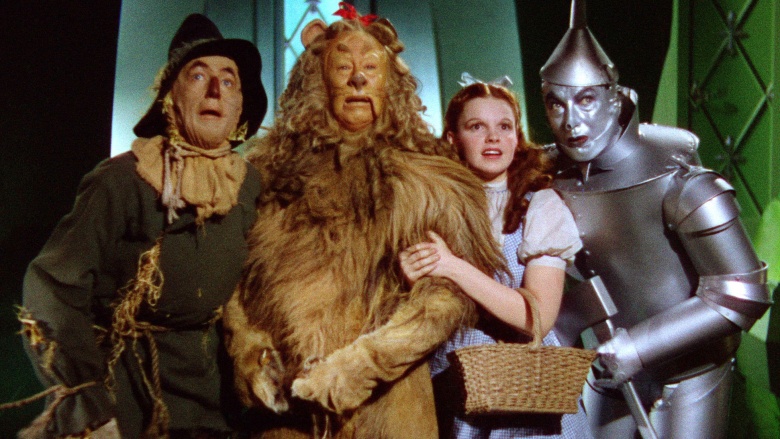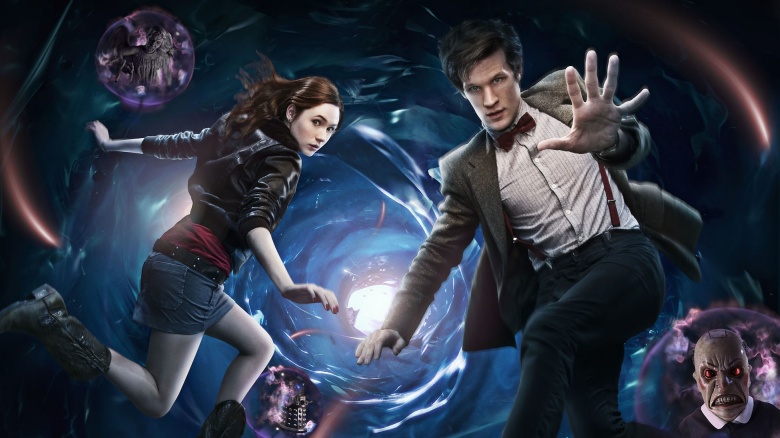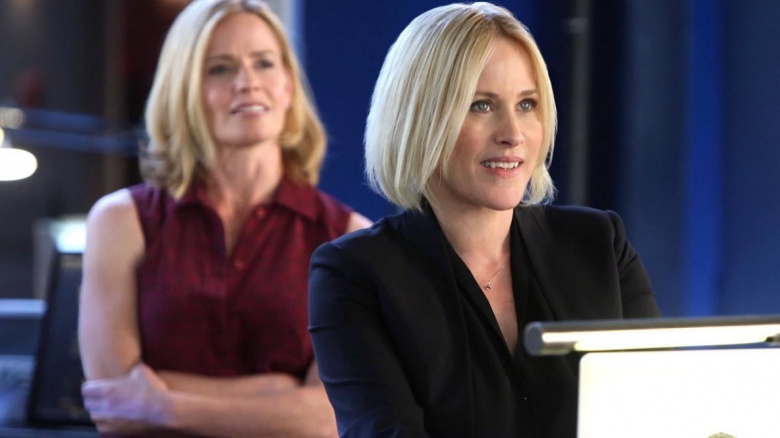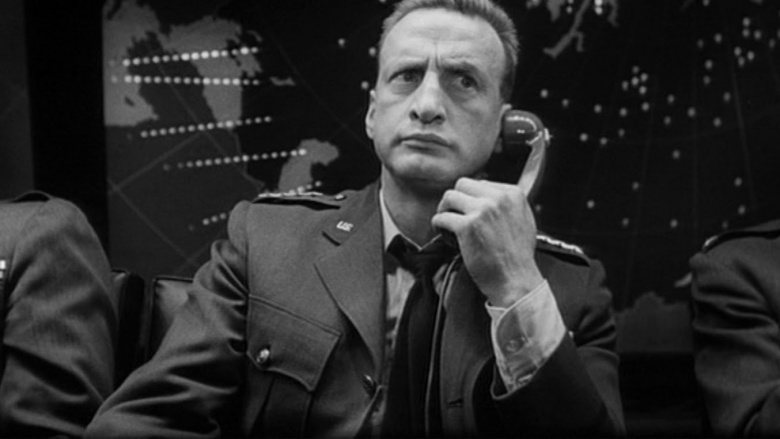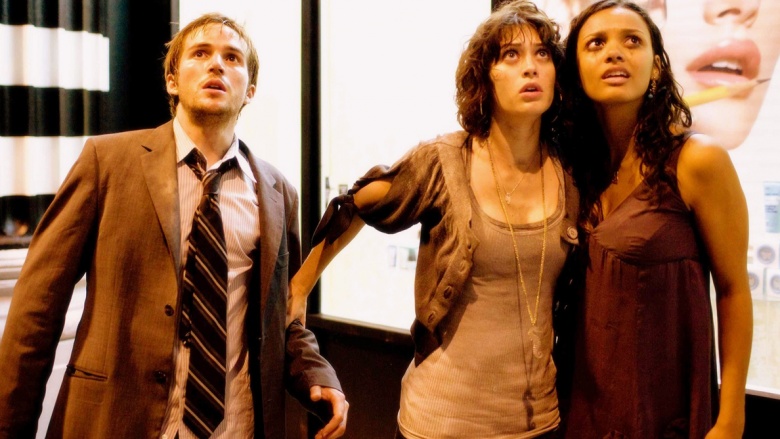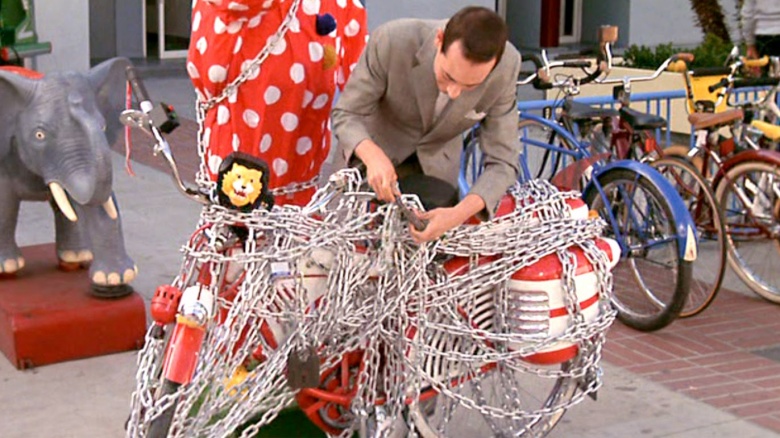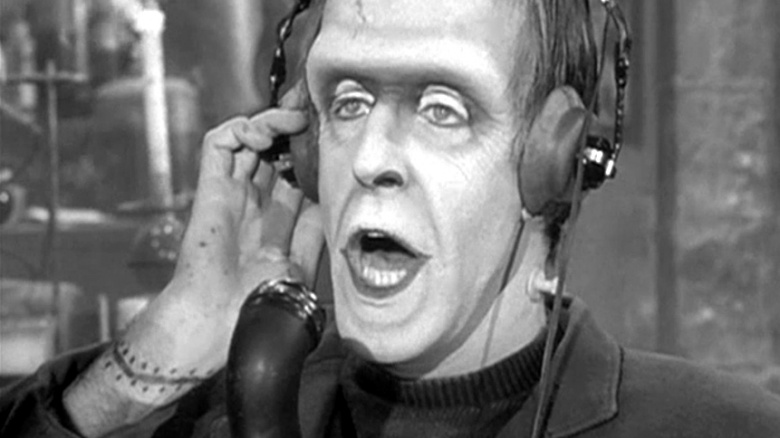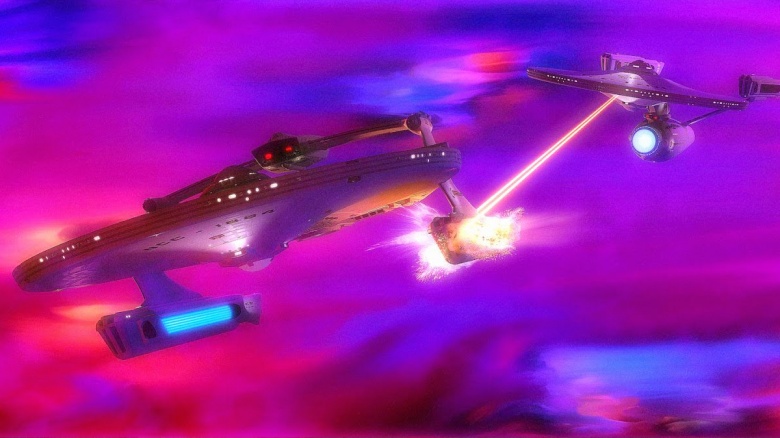Stories Hollywood Can Never Get Right
Hollywood is great when it comes to explosions and pretty ladies, but sometimes, like a dog trying to master origami, it just can't grasp the finer points. Time and time again, TV shows and movies let us down when it comes to a specific type of story. Here are a few tropes that are almost always disappointing.
It Was All A Dream!
Ever since The Wizard of Oz (1939), writers have wrapped up complex stories by waking up the protagonists at the end, and all of the mysterious events that preceded the heroes' awakenings are explained in one swift cop-out. Even in a fictional world, it would be nice to know that the stuff we're watching isn't just a fiction within a fiction. Did Total Recall (1990) ever happen? How about Brazil (1985)? How about who cares?
Time Travel!
Traveling through time is a notoriously tough nut to crack, and there are about a dozen different classifications of fictional time travel to plug up thousands of time travel plot holes, but they're all a little leaky. Doctor Who (1963) is the worst offender, with nearly every episode predicated on events that could easily be prevented by using a time machine to drop in just a little earlier. Saying that time is "wibbly wobbly" isn't an excuse, Doc. Talk like a grown-up.
Using Computers For Anything...Ever!
Computers are boring, but in order to make these omnipresent tools interesting on-screen, directors consistently imbue them with impossible abilities. Crime shows are the worst offenders, routinely interpolating data into security photos that just can't exist. And let's not forget about Avengers: Age of Ultron (2015), because instantly burning every copy of a file out of the entire Internet in a flash is just a whole lot of mumbo jumbo.
The End Of The World!
Try as they might, Hollywood has never been able to capture the real terror of the world ending. When we all die, it's probably going to be at speeds that science can't even calculate—but a millisecond flash of white light doesn't make for a great film. Instead, we get drawn-out fights against fate, focusing on the Handsome Daniel of the day, and somehow, love and hope survive. Dr. Strangelove (1964) almost gets it right by cutting away just as the world (presumably) ends.
Giant Monsters!
If a skyscraper-sized beast were to emerge from the ocean or stumble from space into one of our more populated cities, it probably wouldn't be a slowly lumbering doofus like most titanic invaders of the silver screen. Manhattan would be decimated in about five minutes. In order to keep things interesting on-screen, Hollywood has always equated "big" with "slow," because watching 90 minutes of destruction is more fun than watching 5 minutes of blurry, scaly apocalypse. And that's basically the entire premise of Cloverfield (2008).
Using Dreams...To Explain Reality!
Unless your story's hero is experiencing a divine intervention, their dreams shouldn't be a convenient metaphor for the preceding events. Sure, it opens the doors for some creative directing choices, but just because Pee-Wee's bike was stolen from a clown mannequin in Pee-Wee's Big Adventure (1985), dreams of evil clown doctors operating on his bike aren't a natural result of that experience.
Amnesia!
Anyone who watches Unsolved Mysteries knows that amnesia can be a seriously traumatic event. But on TV, anyone who gets a bump on the head completely forgets who they are. Hilarity ensues, and, of course, everything goes back to normal when the subject is injured a second time, usually by accident. Lightning-induced amnesia was even enough to turn Herman Munster into a regular, non-Franken-dude for a while, until he was struck a second time. As if two traumas within a few days wouldn't be enough to kill someone, the misuse of selective amnesia is usually enough to kill an audience.
Space Battles!
Battles in space aren't so much a story problem as they are a series of inescapable physics and chemistry problems which can hinder the story. In deep space, there's no gravitational center, but every space battle seems to happen on the same plane. A real space battle would have ships coming in at all angles, which they finally figured out in the final battle in Star Trek II: The Wrath of Khan (1982). More upside-down spaceships, please. And space explosions? They should only last as long as space-oxygen could sustain them, which isn't long at all.

